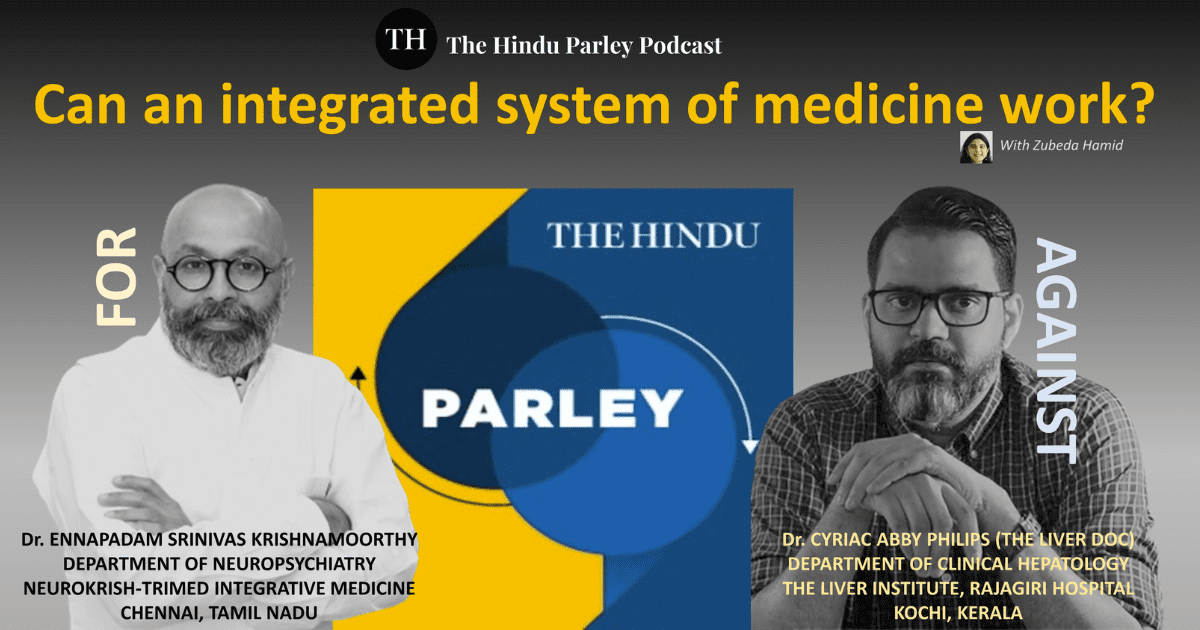The prevention of dementia assumes great significance, especially as we exist in an era of chronic and lifestyle diseases. Indeed, the role of hypertension, obesity, lipidemias (high cholesterol) and diabetes (the HOLD construct) as causative factors of chronic and lifestyle diseases including dementia has assumed great significance in the last decade. The American Dietetic Association has opined that food and nutrition play an important role in maintaining one’s health. It is also well known that sub-clinical deficiency in essential nutrients and nutrition-related disorders can lead to loss of memory and other cognitive functions.
Poor performance in memory tests has been shown to be associated with low levels of a range of nutritional factors:
- Vit B12 (with elevated homocysteine)
- plasma lycopene
- a-carotene, total carotene, b-carotene
- b-cryptoxanthin
- a-tocopherol etc.
Supplementation:
There is growing evidence that vitamin supplementation has a significant role to play in lowering the risk of dementia. Evidence for vit C, E, B12 and folic acid being given, as supplementation in higher doses, is particularly strong. However, the benefit seems most when supplementation is introduced in people who need it (with low vitamin levels) than in those who do not. These findings and allied research have also resulted in the US FDA recommending folic acid fortification of foods for the elderly, for example flour and bread. It is important to remember that high vitamin levels due to inappropriate supplementation can also be problematic and the taking of supplements should therefore be done with medical supervision.
Diet:
There is mounting evidence that the Mediterranean diet, which includes a high consumption of olive oil and fish — and hence elevated intakes of monounsaturated fatty acids and v–3 polyunsaturated fatty acids — is protective against age-related cognitive decline. This maybe partly due to the antioxidant compounds in olive oil (tocopherols and polyphenols) and in part to the role of fatty acids in maintaining the structural integrity of nerve membranes.
Red Wine:
There is no doubt that red wine consumed in moderation has been shown to be beneficial to health and well-being; reducing bad cholesterol, preventing blood clots and protecting the heart. In part this has been attributed to the constituents of red wine, which include procyanidins, a class of flavonoids found in plants, fruits and cocoa beans.
Plant Formulations:
It has long been known that certain plant formulations have pro-cognitive properties and may enhance memory function. Many of these are the subject of active research today, Brahmi (Bacopa Monnieri), Tulsi (Basil), Ashwagandha (Withania Somnifera) for example. Curcumin, an active ingredient of turmeric, is also the subject of worldwide research. Among the fruits the pomegranate and walnut are thought to have pro-cognitive properties. While a variety of plants and plant formulations are under study, the jury is still out with regard to their specific benefits. The evidence for over-the-counter plant formulations is, therefore, not yet existent, notwithstanding their many claims.
Lifestyle & Attitude:
The jury is still out as to whether it is the aforementioned constituent factors that render protection, or indeed whether the overall Mediterranean lifestyle — physical activity, healthy food, abundant sunshine, meals eaten at a leisurely pace with plenty of socialisation — is responsible for the health, well being and good levels of memory/ cognitive function in that population. For example, therefore, red wine consumed in moderate quantities may be good for you, but only when it’s accompanied by such a “healthy” lifestyle & attitude.






